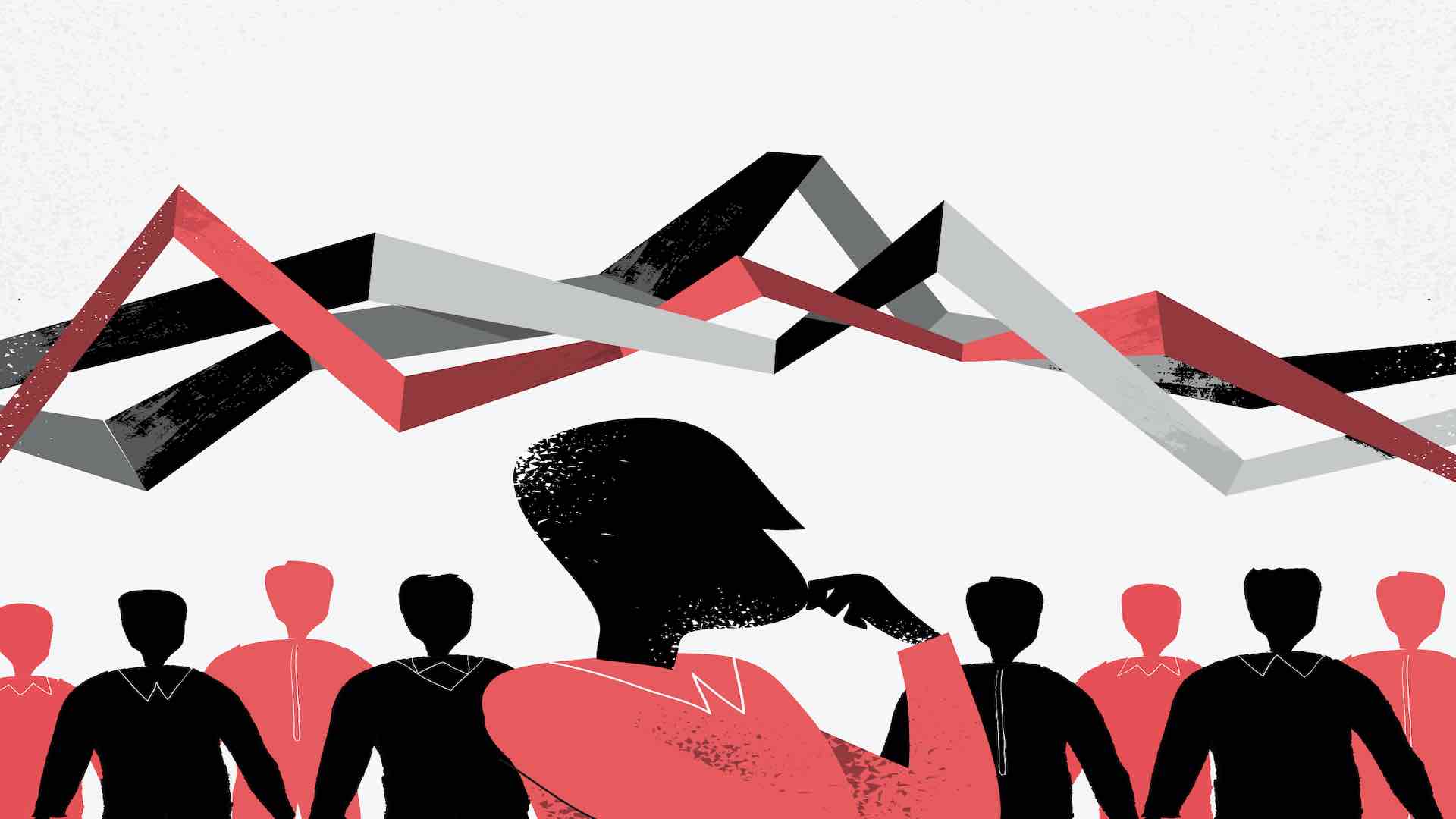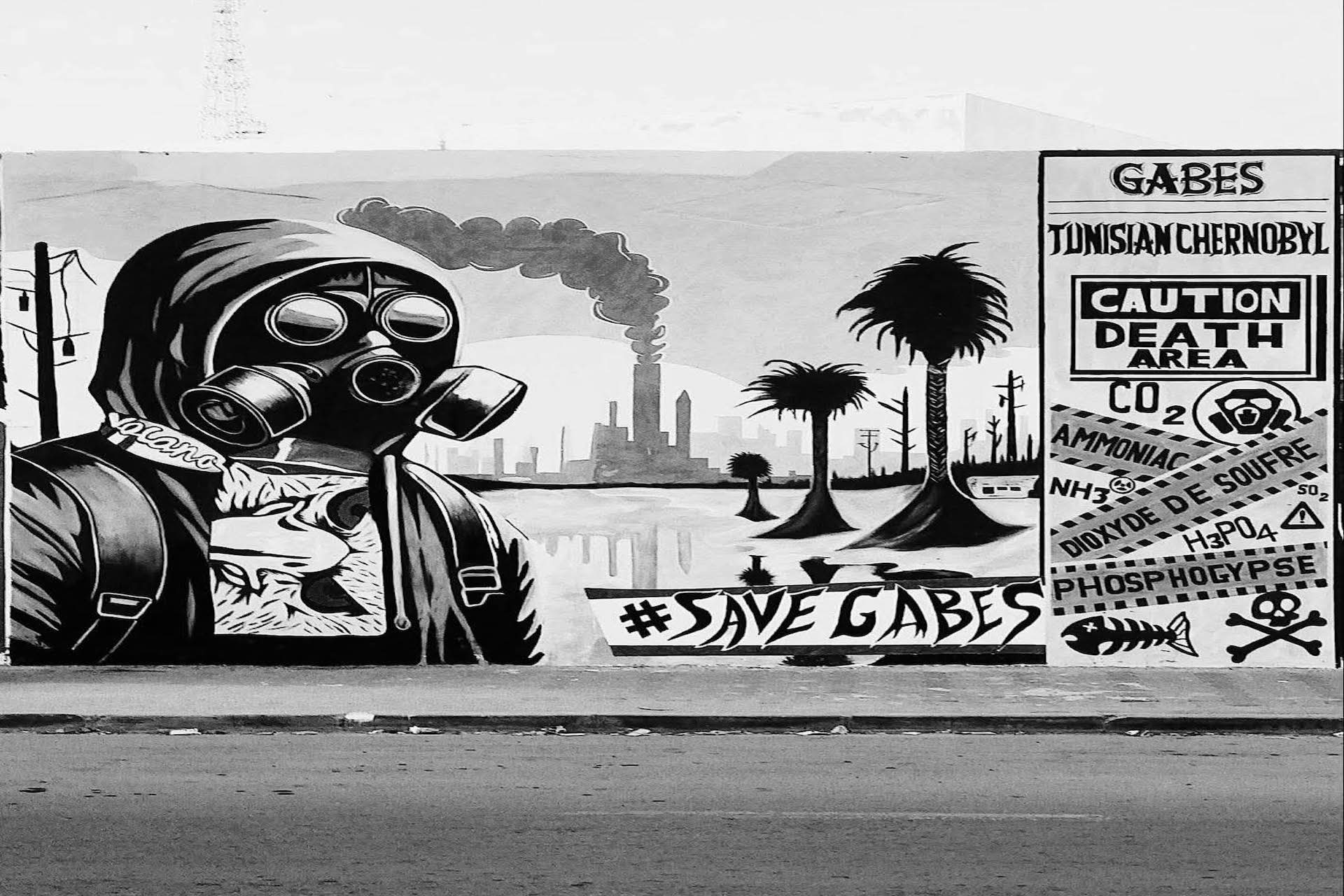The Hidden Economy of TikTok Streamers in Tunisia
Dive into the hidden economy of Tunisian TikTok streamers — donations, tax evasion, money laundering risks, and debates over digital ethics.
Introduction
TikTok has become more than just a social media platform in Tunisia — it has grown into a parallel economy. Streamers, once casual entertainers, now earn significant sums from live donations and virtual gifts. However, this rapid growth has created a gray financial zone where fame meets money, and legality is often left behind.
This article investigates the hidden economy of Tunisian TikTok streamers, focusing on how money flows, the lack of transparency, and the risks this poses to society.
1. From Entertainment to Digital Business
At first, TikTok was about dancing, memes, and fun. But when live streaming and digital gifts were introduced, everything changed. Tunisian streamers realized that entertainment could quickly transform into income.
Today, many streamers spend hours online, hosting interactive sessions designed to attract gifts. These gifts can later be exchanged for real money through TikTok’s payout system. What was once a hobby has now become a profession — but without the structure of traditional jobs.
2. How Much Do Streamers Earn?
Earnings vary widely, but top Tunisian streamers can make €5,000–€15,000 per month, depending on their audience size and international reach. Donations often come from diaspora communities in Europe or wealthy supporters abroad.
The income is impressive, especially compared to the average Tunisian salary, but this wealth often goes unreported. As a result, the state loses potential tax revenue while streamers enjoy untaxed earnings.
3. The Dark Side of Donations
The donation system is where problems begin:
- Untraceable funds: Many streamers use third parties, crypto, or fake accounts to cash out.
- Addiction risks: Young followers sometimes spend irresponsibly on digital gifts.
- Potential money laundering: The donation system can be misused to circulate illicit money under the cover of “virtual gifts.”
Without clear regulation, TikTok’s donation model in Tunisia risks becoming a financial loophole.
4. Scandals and Controversies
The rapid monetization of streaming has fueled scandals. Stories circulate of streamers showing off luxury cars, buying property, or traveling abroad — all without declared income.
Others face accusations of exploiting minors, promoting gambling-like behaviors, or even running networks of fake accounts to boost donations. These controversies highlight the urgent need for oversight and ethical responsibility.
5. Legal Blind Spots in Tunisia
Currently, Tunisian law does not fully regulate income from streaming platforms. Unlike traditional jobs, there are no contracts, no standard taxation, and no labor protections. This creates multiple risks:
- Tax evasion – millions flow untaxed through digital platforms.
- Fraudulent practices – fake giveaways, scams, and manipulated rankings.
- Unprotected workers – streamers rely on TikTok’s rules, not national laws.
Neighboring countries in Europe are starting to address these gaps by taxing influencer income. Tunisia risks falling behind if it does not act soon.
6. The Role of TikTok in the Economy
TikTok itself benefits from this system, taking a large percentage of every donation. While the company earns millions, local governments see none of this money. This raises questions about digital sovereignty and the need for international cooperation on regulating global tech giants.
7. What Can Be Done?
Experts suggest several steps Tunisia could take:
- Introduce digital taxation for influencers and streamers.
- Create transparency rules for online donations and payouts.
- Educate young users about financial risks and online scams.
- Cooperate internationally to track cross-border money flows.
By doing so, Tunisia can both protect its youth and reclaim a share of the digital economy.
Conclusion
The hidden economy of TikTok streamers in Tunisia is both fascinating and troubling. While some creators use the platform to build careers and inspire audiences, others exploit the lack of regulation to profit in ways that harm society.
If Tunisia embraces digital reform and establishes clear rules, it can transform streaming into a legitimate industry. Otherwise, the world of TikTok streamers will remain a shadow economy — glamorous on the surface, but dangerous underneath.














